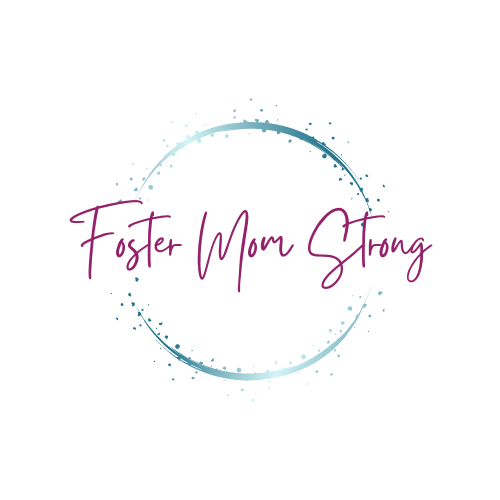I want to explore a topic close to my heart and integral to the foster care journey: life books. From my experiences as a foster parent and educator, I've seen firsthand the profound impact these personal records can have on a child's life. In this comprehensive guide, I'll explore what Lifebooks are, their purpose, and why they are an indispensable tool for children navigating the complexities of foster care.

What Are Lifebooks?
Lifebooks are personalized books that document a foster child's history, experiences, emotions, and dreams. They are a blend of a scrapbook, journal, and photo album, but they are so much more than just a collection of memories. Each Lifebook is unique and tailored to reflect the individual child's journey. They can include photos, artwork, personal mementos, and narratives about significant events in the child's life.
In my journey as a foster parent, creating Lifebooks with my children has been a bonding experience. It's a process that allows us to sit down together, sift through memories, and discuss their feelings and perceptions. It's not always easy, but it's always worth it.
The Purpose of Lifebooks
The primary purpose of Lifebooks is to provide children in foster care with a continuous and tangible narrative of their lives. Many foster children move from one home to another, which can lead to fragmented memories and a sense of disconnection from their past. Lifebooks help fill in these gaps, offering a sense of continuity and identity.
But Lifebooks serve multiple purposes:
- Identity Formation: They help children understand their past, recognize their worth, and build their identity.
- Therapeutic Tool: Lifebooks can be a safe way for children to express their feelings and process their experiences.
- Educational Resource: They can help children and foster parents communicate about difficult topics in an age-appropriate way.
- Connection to Biological Roots: Lifebooks provide a space to honor and remember biological family members, which is crucial for a child's sense of self.
To learn more about fostering, join me on Facebook!
Why Lifebooks Are Crucial in Foster Care
In my experience, Lifebooks are not just nice to have; they are essential. They offer stability in a world that can often feel unstable and unpredictable. For children who may feel like they have little control over their lives, a Lifebook is unequivocally theirs—something constant they can carry through all their transitions.
Moreover, Lifebooks can be a tool for healing. Many foster children have experienced trauma, and creating their Lifebooks allows them to narrate their story on their own terms. This can be incredibly empowering. I've witnessed children start to open up, confront their past, and embrace their journey with a newfound sense of ownership and pride.

Creating a Lifebook: My Personal Experience
Creating a Lifebook with a child is a journey of its own. It requires patience, sensitivity, and creativity. It's been a process of trial and error, learning what works for each child. Some children love drawing and prefer to express themselves through art, while others might enjoy writing or storytelling.
I always start by ensuring the child knows this is their book—something they can control and create as they wish. We use various materials, from simple notebooks to more elaborate scrapbooking supplies. This scrapbooking kit has been a fantastic resource, offering a variety of templates and stickers that make the process fun and engaging.
A Lifelong Journey
I cannot stress enough the importance of Lifebook's for children in foster care. They are more than just books; they are lifelines to a child's past, present, and future. They are tools of empowerment, healing, and identity.
If you're a foster parent, educator, or involved in the foster care system in any capacity, I encourage you to explore the creation of Lifebooks. It's a deeply rewarding process that can significantly impact a child's life.
For those looking to dive deeper into this topic, stay tuned for upcoming posts where I'll share step-by-step guides, creative ideas, and tips for addressing sensitive topics within Lifebooks. Together, we can provide a foundation of love, understanding, and respect for the incredible children we have the privilege to care for.
Remember, every child's story is worth telling. Let's give them the tools to narrate their own.
Are you interested in blogging? Do it the Sadie Smiley Way!



